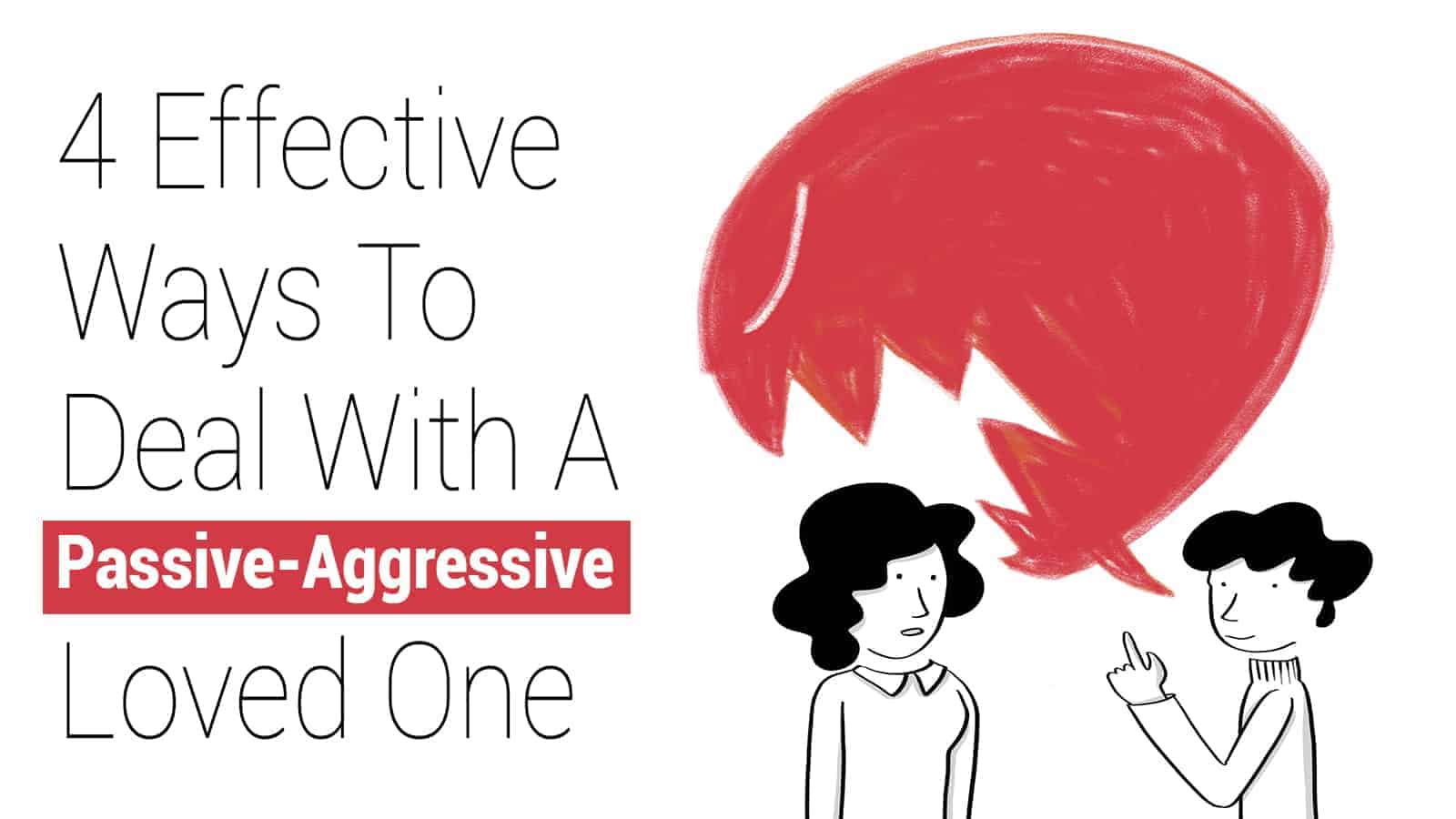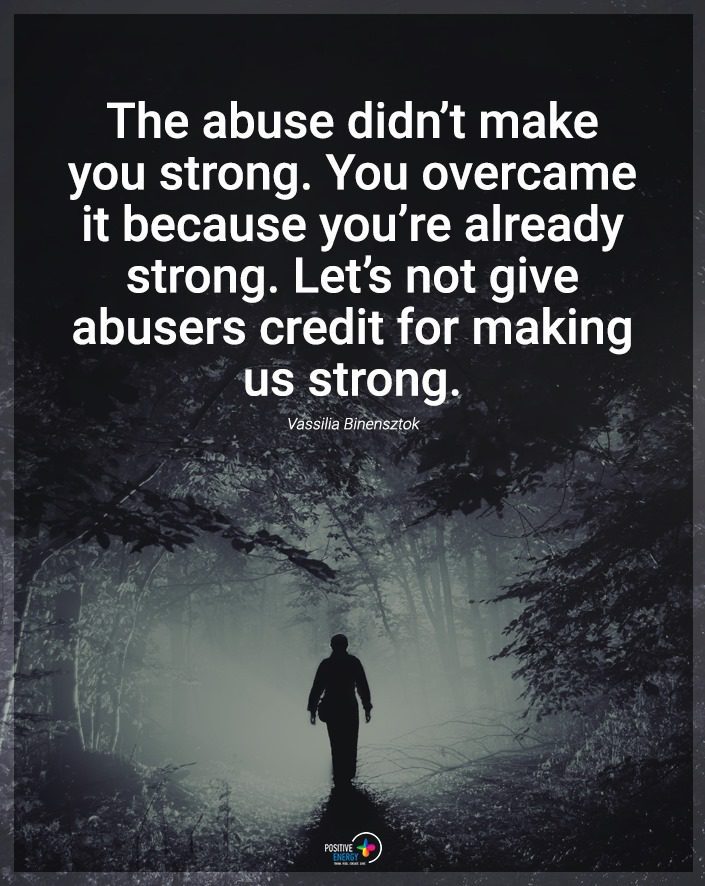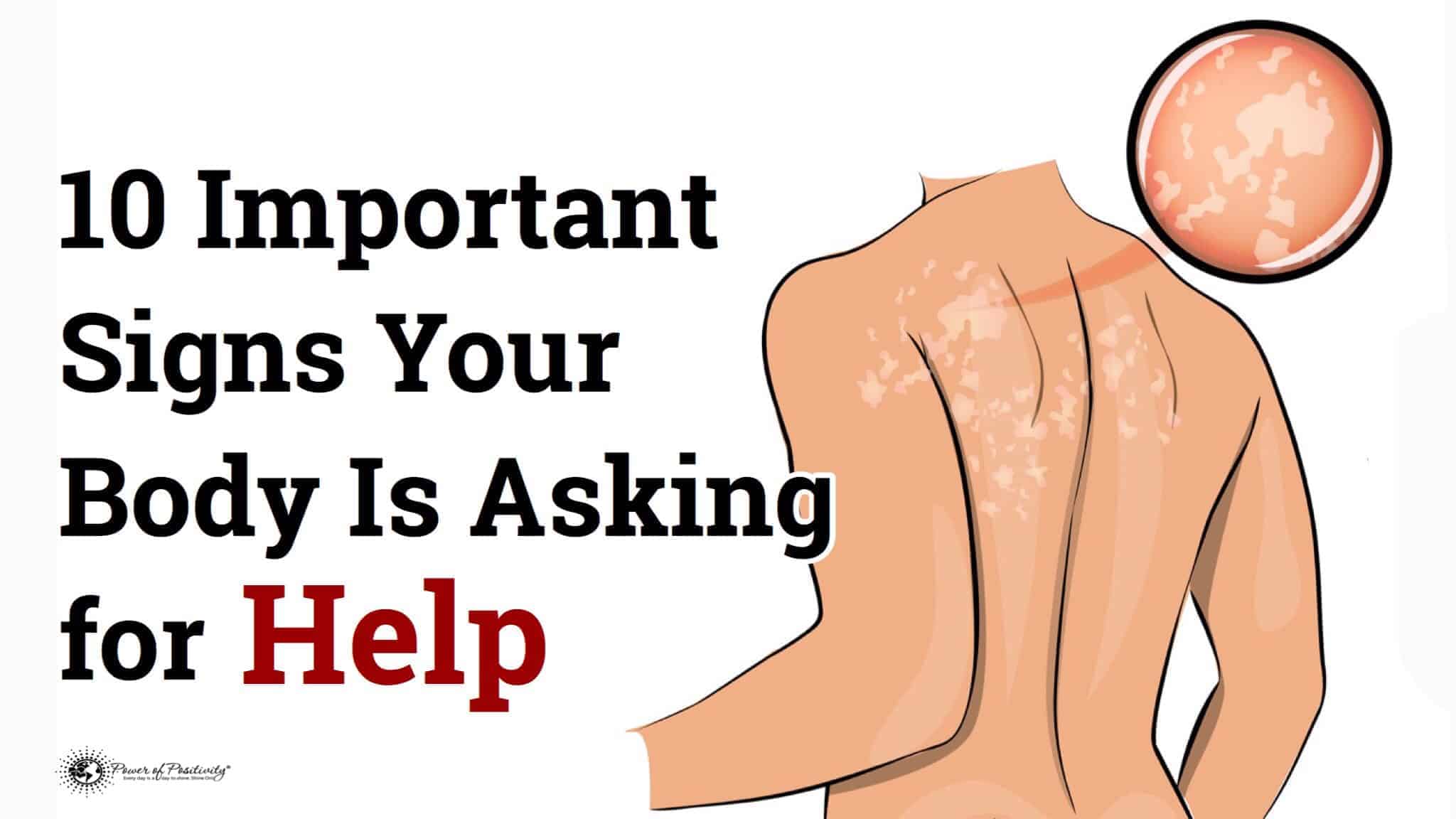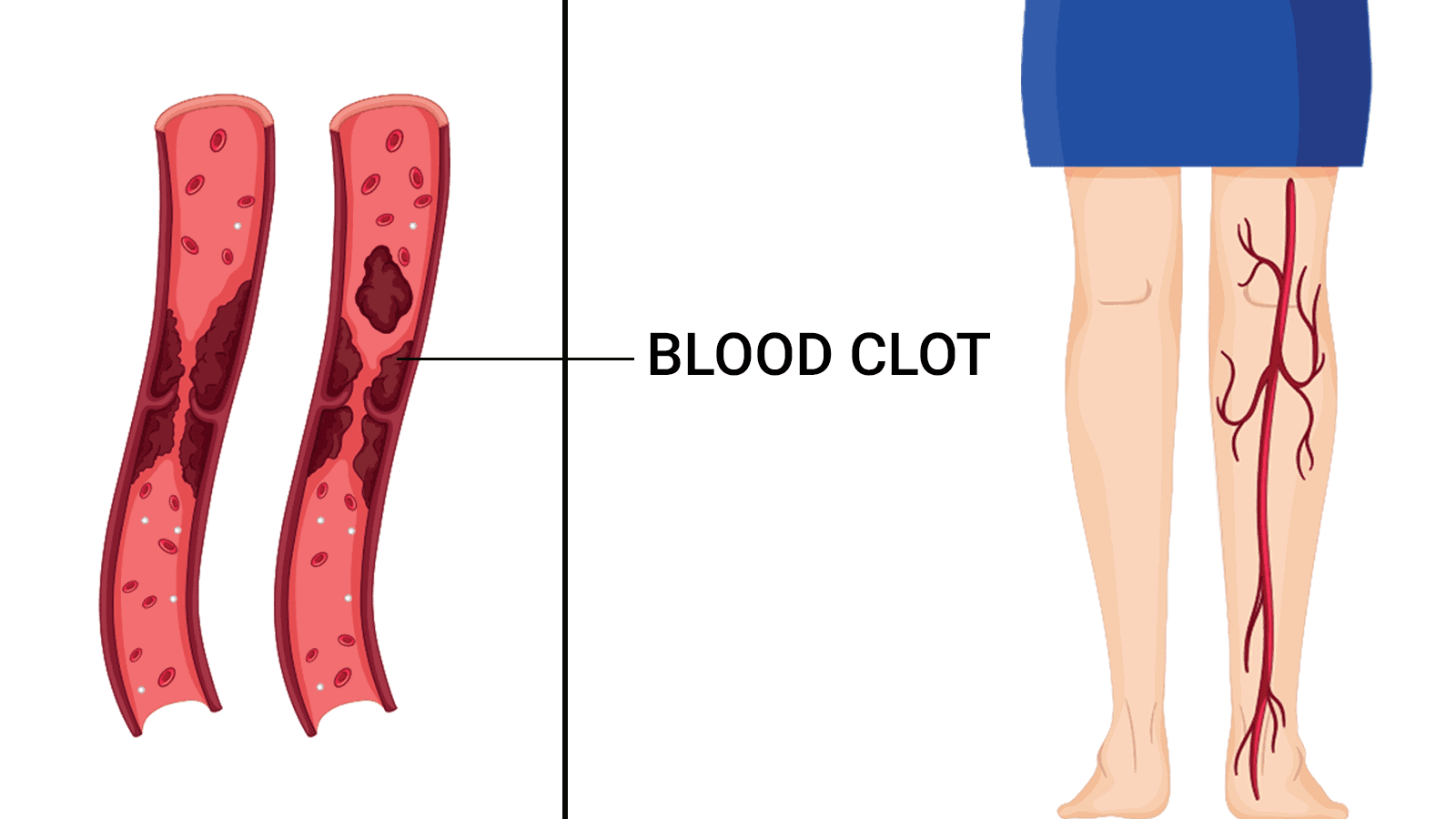Passive aggression refers to the act of indirectly expressing negative emotions or thoughts. As opposed to open honesty and direct communication, it isn’t easy to interpret. Your passive-aggressive loved one might tend to have bitterness and resentment that they don’t know how to voice. Instead of communicating how they feel, they try to drop hints by saying something positive while acting negatively.
It’s hard to deal with passive-aggression at all. But it’s especially tough to manage that behavior when it comes from someone you care about. Unfortunately, it’s a widespread problem. Whether you want to save or escape the relationship, you’ll still have to be able to handle that behavior well. Here are four practical ways to deal with a passive-aggressive loved one.
1. Don’t Get Sucked In By A Passive-Aggressive Loved One
Passive-aggressive behavior is tempting to get pulled into. You want to respond the way others treat you. You want to defend yourself, or you want to do anything to fix it. And of course, you want to make sure that they don’t dislike you and may want to prove yourself to them. These are all traps and are part of the terrible machinations of passive aggression.
Once you get sucked into the passive-aggressive behavior of others, it’s hard to get out. With loved ones, this can set up a destructive and toxic pattern that could even become abusive. You’ll need to do your best to avoid getting pulled into their fights, pettiness, and bitterness. This response requires, for the most part, the use of rehearsed positive thinking patterns.
 You Might Think These Things
You Might Think These Things
Dealing with passive aggression can mess with your head. That’s why you need to prepare and practice various thinking patterns that help you break free. For example, if a loved one begins to display this behavior, you can think these to yourself:
- “They’re passive-aggressive towards me. I love them very much, but I won’t allow this to continue to mess with me and my confidence. They’re doing this because they’re bitter about (problem or situation), but it’s not right for them to take it out on me.”
- “They’re intentionally behaving in this backhanded way to try and get to me and trip me up. They want me to react negatively so they can use that against me. If I fall for it, it’ll just make things worse for me so that I won’t do it.”
- “They keep saying and doing these things because they think they can get away with it. I need to enforce boundaries now and stand up for myself. Once I communicate and enforce my limits, it’ll be more obvious who’s in the wrong.”
- “Their actions are a reflection of their issues and problems. The words they say to me aren’t accurate but phrases designed to push my buttons. I won’t let their words affect me because I know they’re not real.”
Other things you should do so you don’t get sucked in are:
- Stop apologizing. It’s not your fault that you’re being treated with passive aggression. If someone wants or needs something or has a problem, they have to communicate directly!
- Please don’t blow up on them. Getting angry will make things worse. If you get too mad, disengage and take a break.
- Don’t play the game. Don’t get caught up in a power struggle. Do not get yourself into a win-lose situation. Don’t be controlled by them.
- Don’t respond with your passive aggression. It would be best if you didn’t stoop to their level, or it’ll make dealing with the situation much more difficult.
2. Call Out Your Passive-Aggressive Loved One, But Positively
It’s not always recommended that you directly engage with a passive-aggressive individual, especially while they’re displaying that behavior. But with loved ones that you care about and want to work things out with, you’ll need to make it clear what they’re doing.
The tricky part, of course, is making a call-out that’s genuinely positive. But that’s the best way to ensure the situation gets diffused. It will also allow you to be the bigger person in the conflict. If nothing else, do it for the sake of your sanity! Here are some tips for calling out someone’s passive aggression in a positive way:
· Ask For Honesty
Passive aggression occurs when someone tries to express their negative thoughts or emotions indirectly. They don’t want to be open and honest, often due to fear or personal issues. As such, they try to get their message across without explicitly saying it. You can trip this up by directly confronting it with an honest, gentle question. Make sure you keep your tone friendly and calm. For example, you might ask, “Why do you say that?”. Or you might get more specific, like “Does this idea bother you?”. I met with denial, reiterate, “You said (statement) earlier. Did you not like what I said or did?” This can encourage the person to come clean.
· Stay Gracious
Your goal when you have to engage with passive aggression is to not stoop to that level. Listen with empathy to them and show that you’re trying to understand. Be gracious even when they’re behaving poorly. Show them kindness, so they have less reason to continue their tirade. Make it clear that you understand where they come from, express empathy, and validate their emotions. Express that you want to hear their genuine opinion and won’t judge them for it. Remember, this does not mean excusing poor behavior. It just means responding in a positive way to achieve the quickest resolution. When this graciousness has helped calm things down, you can bring up more serious topics.
· Use Humor
If you’re good at using humor wisely and tactfully, this is a great time to deploy that wit. Mood can lighten a situation, and studies show that when mindfully used, it’s effective at managing conflict. Do note that there’s a thin line where humor becomes condescending or sarcastic behavior. Crossing that line will likely make things worse! So don’t use humor unless you know you can pull it off.
· Don’t Be Brushed Off
Passive-aggressive people can resort to gaslighting, blame-shifting, and other adverse actions when called out on their behavior. They may insist that you’re sensitive or that they didn’t do anything that you’re describing. Stand your ground and stick to the facts by repeating the truth. You can even keep a record of things said and done to support your points.
 3. Communicate With Your Passive-Aggressive Loved one
3. Communicate With Your Passive-Aggressive Loved one
Communication is the heart of any healthy interaction. Relationships can’t survive without it. If you want to salvage a situation with a passive-aggressive loved one, you might need to take the first step. It’s not easy to be the first to reach out with communication. Here are some positive ways to do that:
· Set Boundaries
Passive aggression infringes on personal space and can cross a lot of lines. The goal of a lot of behavior like this is to get you to compromise on typical boundaries. That’s why it’s more important than ever that you create and accurately outline your boundaries with passive-aggressive loved ones. Make it clear to them where your limits lie and what will happen if they’re not respected. When boundaries are crossed, enforce reasonable consequences. It can be helpful to get boundaries out in writing first, especially if your loved ones tend to lean into gaslighting.
· Note The Beginnings Of Bitterness
If you’ve started to notice the warning signs of bitterness in your passive-aggressive loved ones, try nipping it in the bud. When you see that feeling form, start a conversation to clear the air. This doesn’t work with all people, but it can help curb passive aggression and diffuse building tension.
· Explain Your Feelings
Your feelings are hurt when your loved ones are passive-aggressive. It’s good to acknowledge that. After someone behaves that way towards you, explain to them how it made you feel. Use “I” language, such as “I felt…” and “It hurts me when…” to promote understanding and avoid sounding accusatory. Leading with vulnerability may encourage your loved one to be open and vulnerable, too.
4. Know When To Cut Things Short With A Passive-Aggressive Loved One
The best way to deal with specific toxic passive-aggressive patterns is to stop dealing with them. There comes the point where it may become apparent to you that a loved one has no interest in bettering their actions. There may also be times when you can’t resolve a problem right then. This is when you need to know when to cut everything short, including your time spent with them. Here are some ways to do this:
· Stop Relying On Them
Loved ones who are close enough to you may do different things for you in everyday life. This is especially true for parental figures or familial types of relationships. You might have even relied on them to some degree. But if passive-aggression is a constant factor, it may be time to stop letting them do things for you. This will only feed the bitterness and give them more ammunition, and it’s simply not healthy.
· Put Your Needs First
Ultimately, sometimes you have to be a little selfish. Then again, is it selfish to make sure your needs are met? Regardless, when a loved one’s behavior cuts into those needs, it’s time to slip away from their control. Passive aggression can be an effective guilt trip, but you need to remember first to be there for yourself.
· Recognize That Change Is Not Always Possible
You can’t control or change other people. Only they can change themselves. Sometimes, change isn’t going to happen, and your loved one won’t want to improve. In that scenario, you can only work with what you have. Sometimes, that involves lowering expectations and reducing contact. Other times that involves cutting them off completely. It’s up to you.
· Reduce Contact
There’s wisdom in recognizing a lost situation. Someone who doesn’t respect your communication and has no interest in changing isn’t someone you should keep in your life. In a worst-case scenario where someone has become too toxic, you may need to end the relationship. With loved ones, this can involve steady reductions in levels of contact. Stop spending time alone with them, reduce the frequency of calls and texts, and entirely cut them off if necessary.
 Final Thoughts On Some Effective Ways To Deal With A Passive-Aggressive Loved One
Final Thoughts On Some Effective Ways To Deal With A Passive-Aggressive Loved One
Passive-aggression hurts. It can damage relationships, break communication down, and decrease your positive thinking. Knowing how to deal with a loved one’s passive aggression can help you keep your sanity as you navigate conflict.




















